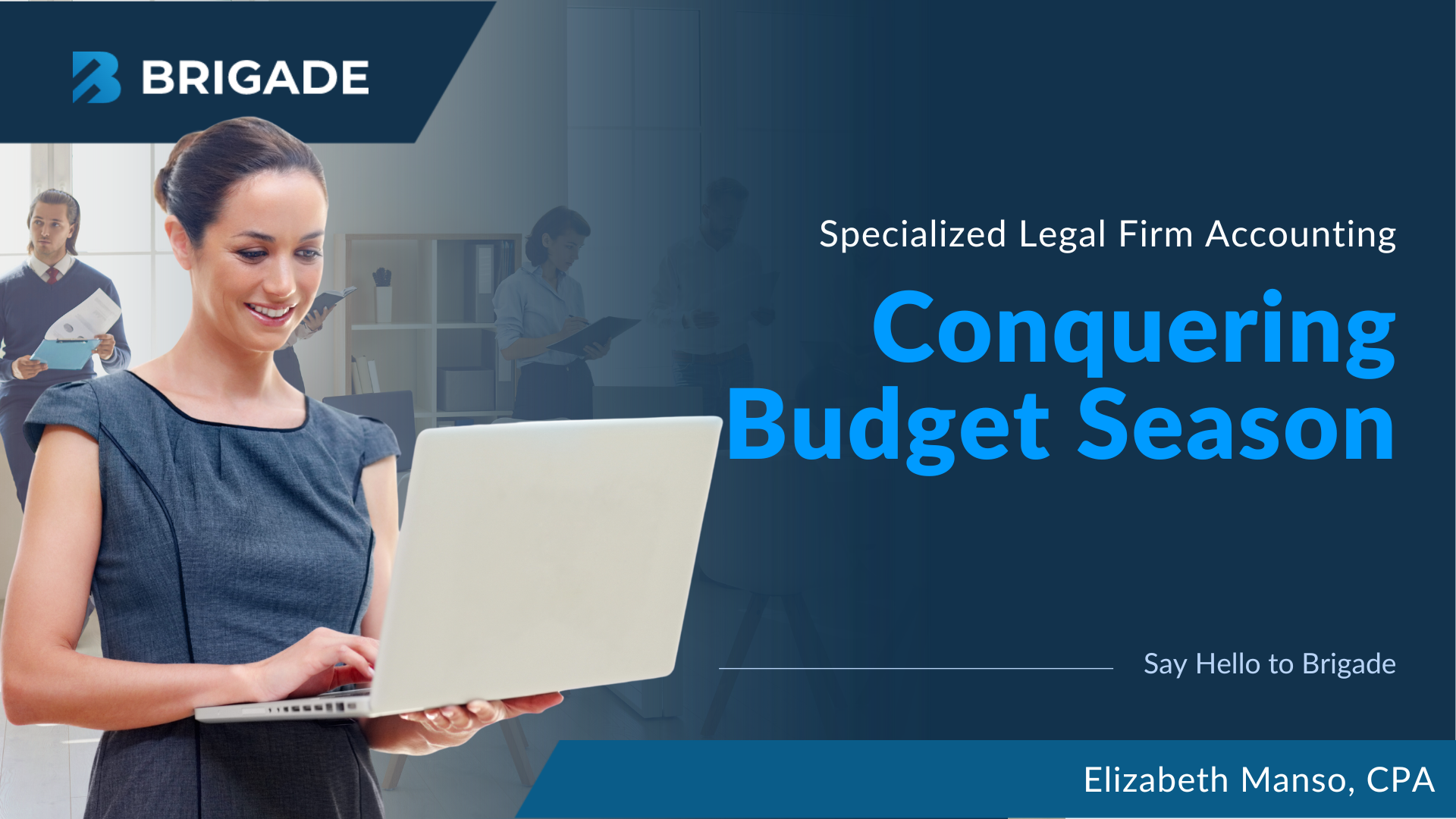 Can you imagine working in the same business for 40 years? I hope to be doing just that right here at Brigade Bookkeeping. I love being a bookkeeper!
Can you imagine working in the same business for 40 years? I hope to be doing just that right here at Brigade Bookkeeping. I love being a bookkeeper!
One of my clients loves what he does, but after building a great business and working for 40 years, he is ready to retire and sell. But before he does, he came to me (plus a business broker, an attorney and his accountant) to make sure his books were in order and to talk about his company’s valuation.
Preparing for the sale of his business had me thinking. There are so many details that sellers should be prepared for when they sell their business. Here are five of my favorite tips to help you when selling your business:
1. DON’T LIMIT THE NUMBER OF BUYERS – You know the saying, “the third time’s a charm?” Well, remember that when you’re selling your business. Most business owners who want to sell are hopeful and anxious when a buyer surfaces. Even if you have a buyer, don’t limit other inquiries. For many reasons and quite often, the first deal doesn’t always go through, leaving the seller’s dreams dashed as the process begins all over again.
2. PROPER BUSINESS VALUATION – Even before you decide to sell, you’ll need to know the worth of your business, so you don’t price it too high or too low. Brigade Bookkeeping works with its clients to make sure a business’ books are in order. You can also enlist the services of a business appraiser. He or she can draw up a detailed list and document your business’ valuation and a listing price. My client never thought he would sell his company, and that’s actually worked in his favor, since his goal was always increased sales. Now, his company’s earning power has made the business worth more than he could have imagined.
3. HIRE A BUSINESS BROKER – If you’re selling your business to someone other than a family member, you may want to hire a business broker. A business broker tries to ensure you that you receive the best selling price and a smooth transition in exchange for a commission on the sale. A business broker is responsible for vetting buyers, due diligence and all aspects of a potential transaction. Hiring a business broker allows you to continue to run your company and generate sales, which in turn could raise your company’s valuation.
4. DUE DILIGENCE – Don’t wait too long to do your homework on a potential buyer. Once a potential buyer surfaces, you or your broker should begin making sure the potential buyer has enough financial backing to seal the deal. Some items to look into include examining the buyer’s history with employees and vendors, and checking for any pending lawsuits.
5. PROPER DOCUMENTATION – Make sure to gather all of your business’ financial documents that will be required for a potential sale. As an accountant, who happens to be a bookkeeper, I gather my client’s financial statements, taxes, and any other business manuals or paperwork dating back at least four to five years to show to potential buyers. Your business broker will also ask for an inventory of equipment or items that will be sold along with the business, a current lease, and a potential list of business contacts. Having the proper documentation ready could result in a smoother sale.
My client is very excited about this new chapter in his life. But before he gets there, he wanted to ensure a smooth sale and transition.
If you have any questions about selling your business or about bookkeeping in general, please feel free to reach out to me anytime. God-willing, I plan to be around for another 40 years.
Have a great week!

